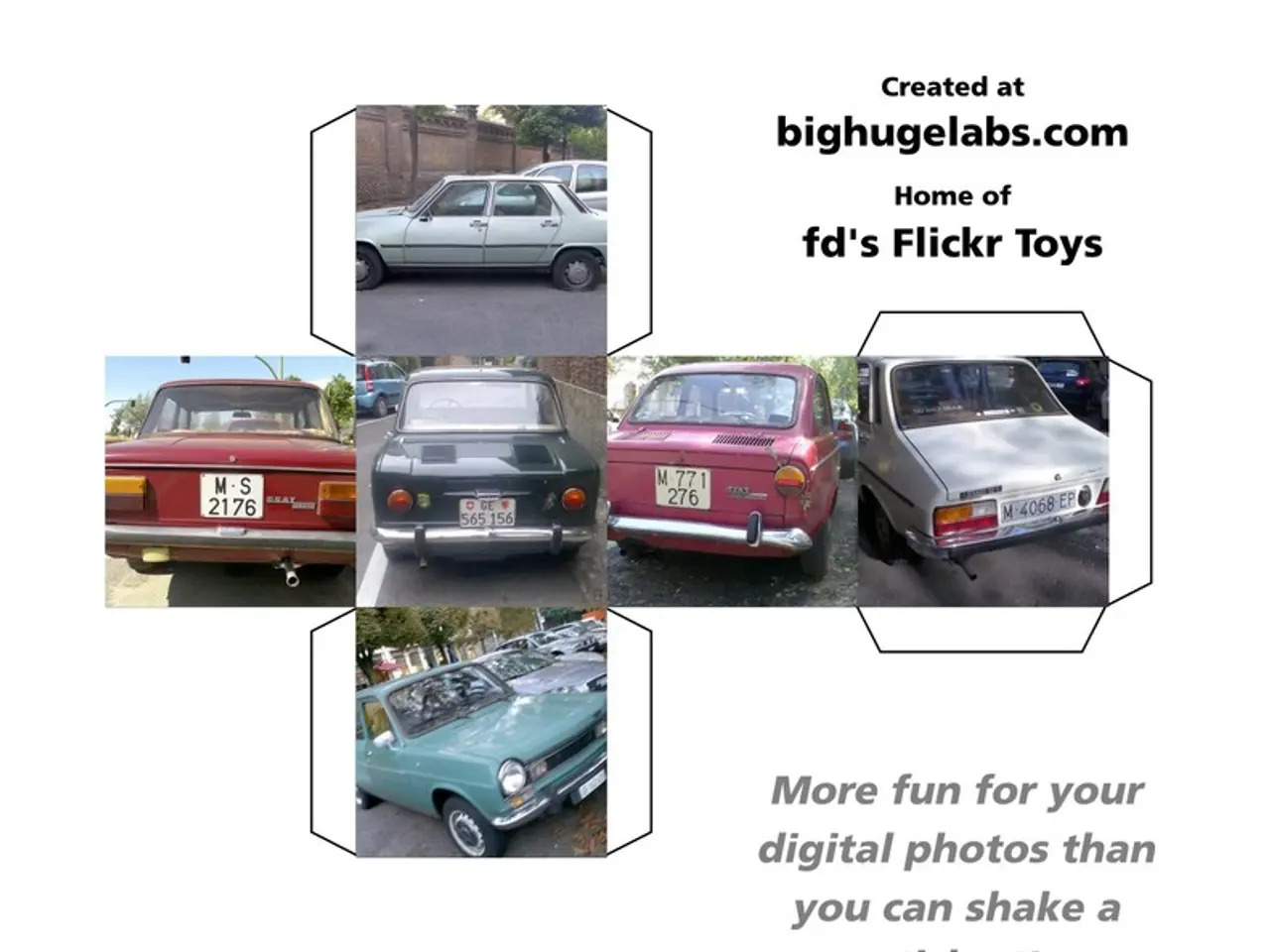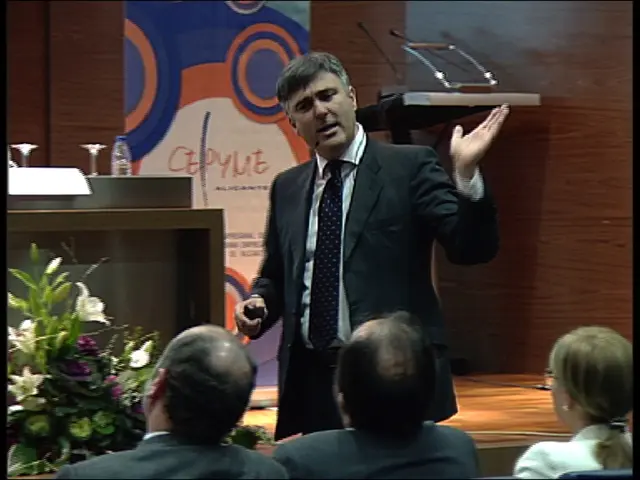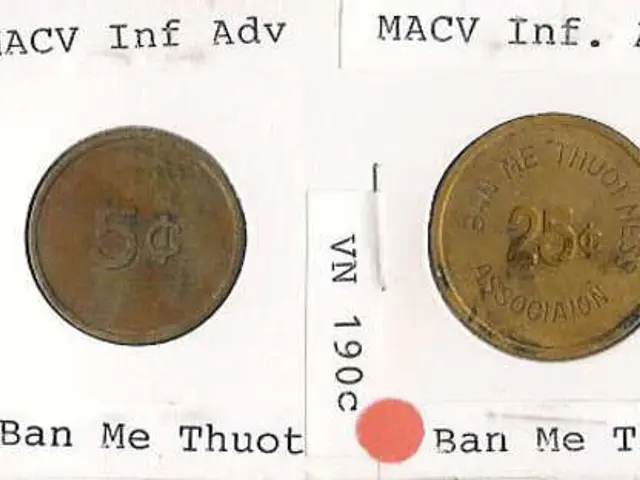week 46 highlights: explosive growth in internal combustion engine technology
The automobile industry is experiencing a significant shift, with three key issues at the forefront: the transition to the agency sales model, the rise of online car sales, and the electrification of vehicles.
This transformation has led to a substantial increase in the deployment of battery capacity onto roads. According to recent reports, there has been an 118% increase in the number of watt-hours of battery capacity, a clear indication of the industry's shift towards electric vehicles (EVs).
In the realm of emissions reduction, a comprehensive report assesses the efficacy of strategies in reducing emissions from heavy-duty vehicles (HDVs) between 2012 and 2021. The report serves as the foundation for future rules aimed at directly controlling CO2 emissions in China, a country that has pledged to achieve carbon neutrality by 2060 and peak its CO2 emissions by 2030.
The report, titled "The evolution of heavy-duty vehicles in China," provides crucial insights into the current state and future trajectory of the Chinese HDV market. In 2021, diesel-powered HDVs accounted for around 90% of sales in this market.
Meanwhile, Europe's car dealership business is also feeling the brunt of this disruption. A document titled "Europe's auto dealerships: change is coming" outlines three challenges that the sector will face in the coming years due to this industry-wide transformation.
The shift towards EVs is a global phenomenon. In the first half of 2022, there was a 75% increase in EV sales in the Asia Pacific region. However, the transition is not without its challenges. For instance, the increase in EV sales has corresponded with a rise in the consumption of key minerals such as lithium, nickel, and cobalt.
The EU has set stringent CO2 fleet targets for 2025-27, aligning with the goals of the Paris Agreement's 1.5°C climate targets. While several major European car manufacturers, including BMW, Renault, Volkswagen, and Stellantis, are generally on track to meet these emissions standards, Mercedes-Benz is identified as the only major European car manufacturer currently not sufficiently advancing the transition to electric vehicles to meet these targets.
In conclusion, the automobile industry is undergoing a profound transformation, with the switch to electric vehicles, online sales, and agency sales models being key drivers of change. This transformation presents both opportunities and challenges, and it will be interesting to see how the industry adapts in the coming years.








